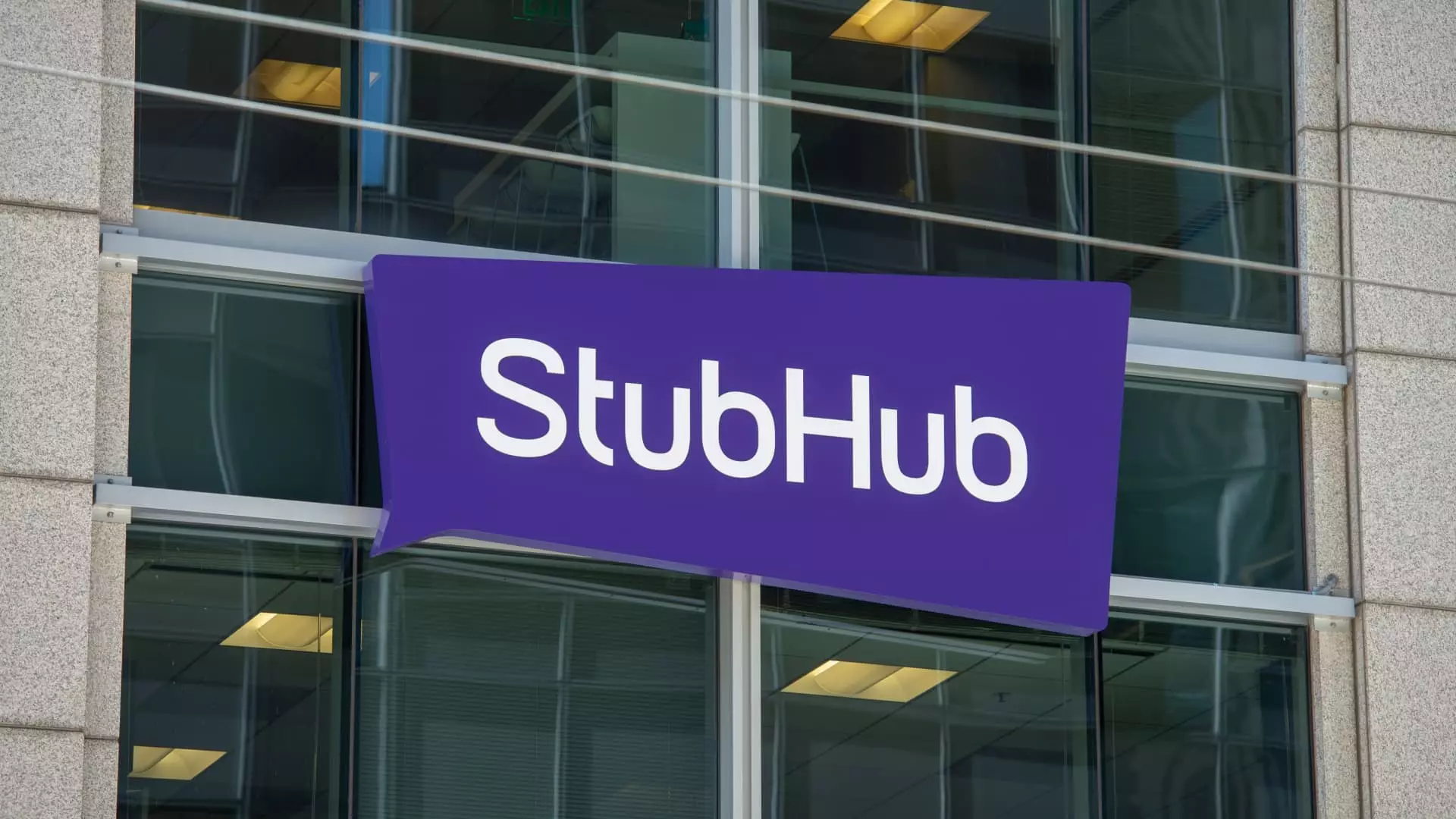Recently, Washington, D.C., Attorney General Brian Schwalb took legal action against the popular online ticket exchange platform, StubHub, for allegedly engaging in deceptive and unfair pricing practices. The lawsuit accuses StubHub of misleading consumers with low ticket prices only to hit them with significantly higher fees during the checkout process. This intentional concealment of the true cost aims to boost profits at the expense of unsuspecting customers, according to Schwalb’s statement.
One of the key allegations in the lawsuit is StubHub’s use of “drip pricing,” a tactic that involves revealing additional fees as a countdown clock creates a false sense of urgency for buyers. These undisclosed “fulfillment and services fees” are tacked on without a transparent explanation, leaving consumers feeling misled and frustrated. This practice of hiding fees until the last minute has sparked outrage among consumers and regulators alike, mirroring similar issues faced by other industries like airlines.
The lawsuit shed light on StubHub’s shifting pricing strategy over the years, particularly from 2014 to 2015 when the platform employed an “all-in pricing” approach that included mandatory fees in the advertised ticket prices. However, the company later transitioned to a model where fees were withheld until the final stages of the checkout process, resulting in higher purchase rates at inflated prices. This deliberate manipulation of pricing tactics demonstrates a clear disregard for consumer transparency and fairness.
As the Attorney General’s office pointed out, Washington, D.C., residents and visitors are disproportionately affected by StubHub’s deceptive practices due to the city’s higher per capita spending on live entertainment. A telling example provided in the lawsuit highlighted a pair of tickets initially advertised at $178 per ticket or $356 for the pair, only to reveal a final price of $497 – nearly 40% higher – as the clock winds down. This lack of clarity and disclosure throughout the purchasing journey underscores the company’s exploitative approach to maximizing profits through hidden fees.
The Ongoing Legal Battle and Consumer Impact
Since 2015, StubHub has reportedly sold over 5.5 million tickets in the district, raking in an estimated $118 million in concealed fees from consumers. This recent lawsuit adds to the mounting legal challenges facing the ticketing giant, including a federal class action suit earlier this year alleging intentional price obfuscation. While StubHub has enjoyed a prominent position in the ticketing industry for over two decades, these allegations raise serious questions about the company’s ethical standards and commitment to consumer trust.
The lawsuit against StubHub serves as a stark reminder of the importance of transparent pricing practices and consumer protection. The deceptive tactics employed by the platform not only mislead customers but also erode trust in the ticketing industry as a whole. As regulators continue to hold companies like StubHub accountable for their actions, consumers must remain vigilant and informed to avoid falling prey to such unethical business practices.

Leave a Reply